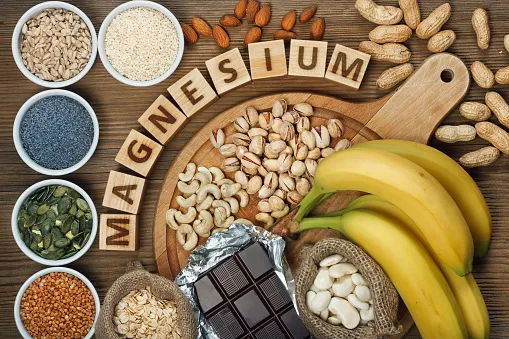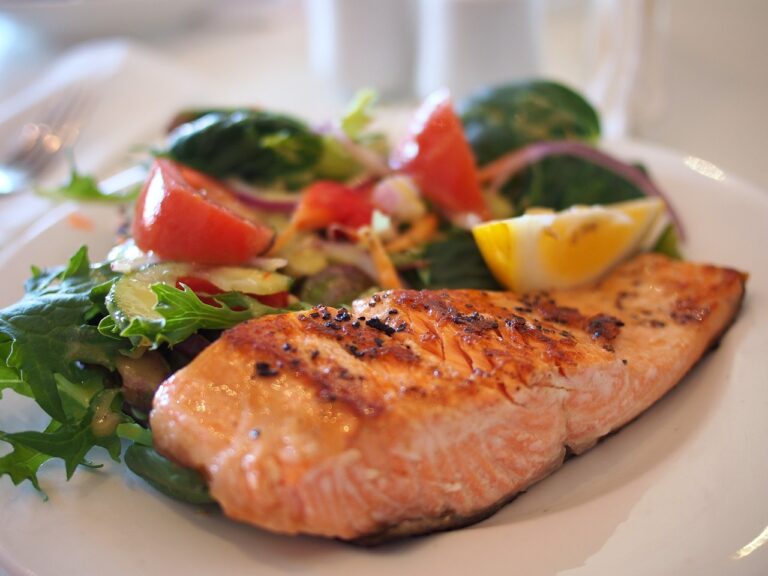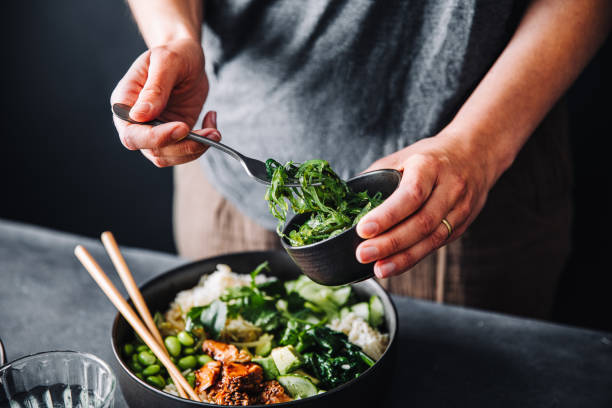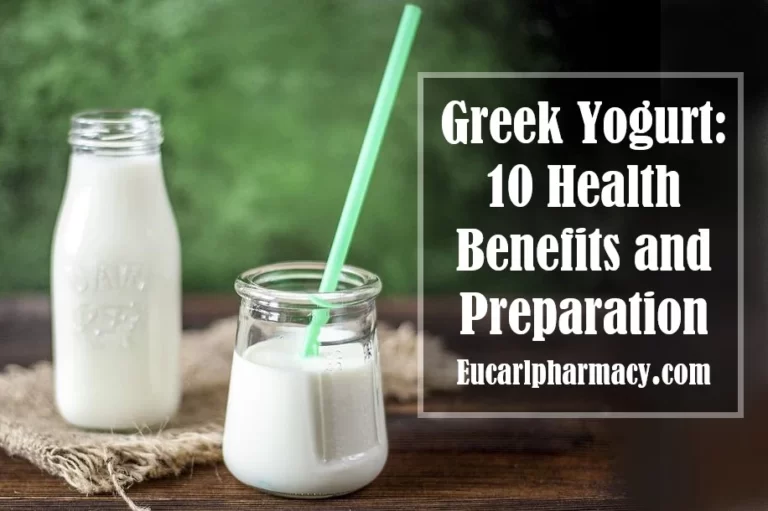15 Nigerian Foods Rich In Zinc
In this article, we will highlight Nigerian foods rich in zinc and discuss the nutritional benefits of each. Zinc is an essential mineral that plays a vital role in many bodily functions, including the immune system, wound healing, taste, smell, and vision.
It is also important for proper growth and development during pregnancy, childhood, and adolescence.
Zinc is an essential mineral that plays a vital role in many bodily functions, including the immune system, wound healing, taste, smell, and vision. It is also important for proper growth and development during pregnancy, childhood, and adolescence.
While it is possible to obtain zinc from dietary supplements, it is generally recommended to get the mineral from natural food sources.
In addition to its role in maintaining good health, zinc is also important for preventing zinc deficiency, which can lead to a range of health problems, including impaired immune function, poor wound healing, and impaired growth and development.
By including a variety of zinc-rich foods in your diet, you can ensure that you are getting enough of this important mineral to support your overall health and well-being.
Nigeria is a country located in West Africa that has a diverse and rich culinary culture. Nigerian cuisine includes a variety of dishes made with a range of ingredients, including grains, legumes, meats, vegetables, and nuts. Some of these foods are also rich in zinc, which makes them an important part of a balanced diet.
15 Nigerian Foods Rich In Zinc
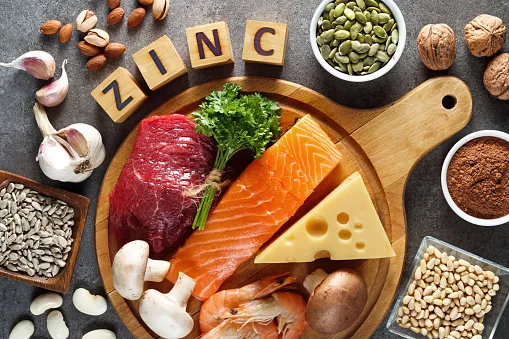
There are a good number of Nigerian foods that are rich in zinc, but our emphasis in this article is the top 15 Nigerian foods that are rich in zinc.
Listed below are the 15 Nigerian foods rich in zinc:
Soybeans
Soybeans are a legume that is rich in zinc, with a 1/2 cup serving providing about 4 milligrams of the mineral. Soybeans are also a good source of protein, fiber, and other nutrients.
They can be consumed in various forms in Nigerian cuisine, such as soy milk, tofu, and fermented soybean paste.
Beef
Beef is a good source of zinc, it’s one of the Nigerian foods rich in zinc with a 3-ounce serving providing about 5 milligrams of the mineral.
Beef is also a rich source of protein, iron, and other nutrients. It is often consumed in Nigeria as the main protein source in dishes such as stews and soups.
Chickpeas
Chickpeas, also known as garbanzo beans, are a legume that is rich in zinc, with a 1/2 cup serving providing about 2 milligrams of the mineral.
Chickpeas are also a good source of protein, fiber, and other nutrients. They are commonly used in Nigerian cuisine in dishes such as hummus and stews.
Cashew nuts
Cashew nuts are a good source of zinc, with a 1-ounce serving providing about 1 milligram of the mineral. Cashew nuts are also a rich source of healthy fats, protein, and other nutrients. They are often consumed as a snack in Nigeria.
Pumpkin seeds
Pumpkin seeds are a good source of zinc, with a 1-ounce serving providing about 2 milligrams of the mineral.
Pumpkin seeds are also a rich source of healthy fats, protein, and other nutrients. They are often consumed as a snack in Nigeria.
Lentils
Lentils are a legume that is rich in zinc, with a 1/2 cup serving providing about 2 milligrams of the mineral. Lentils are also a good source of protein, fiber, and other nutrients.
They are often used in Nigerian cuisine in dishes such as stews and soups.
Oysters
Oysters are a rich source of zinc, with a 3-ounce serving providing about 74 milligrams of the mineral.
Oysters are also a good source of protein, iron, and other nutrients. They are often consumed in Nigeria, particularly in coastal regions.
Chicken
Chicken is one of the Nigerian foods rich in zinc, and is a good source of zinc, with a 3-ounce serving providing about 2 milligrams of the mineral.
Chicken is also a rich source of protein, iron, and other nutrients. It is a common protein source in Nigerian cuisine and is often used in dishes such as stews and soups.
Brown rice
Brown rice is a good source of zinc, with a 1-cup serving providing about 1 milligram of the mineral. Brown rice is also a rich source of fiber, protein, and other nutrients. It is a commonly consumed grain in Nigeria.
Spinach
Spinach is one of the Nigerian foods rich in zinc, and is a good source of zinc, with a 1-cup serving providing about 0.8 milligrams of the mineral.
Spinach is also a rich source of vitamins and minerals, such as Vitamin A, vitamin K, and iron. It is often consumed in Nigeria in dishes such as soups and stews.
Sweet potatoes
Sweet potatoes are one of the Nigerian foods rich in zinc, and are a good source of zinc, with a 1-cup serving providing about 1 milligram of the mineral.
Sweet potatoes are also a rich source of fiber, vitamins, and minerals, such as vitamin A and potassium. They are a common staple in Nigerian cuisine and are often used in dishes such as stews and soups.
Red beans
Red beans, also known as kidney beans, are one of the Nigerian foods rich in zinc and are a legume that is rich in zinc, with a 1/2 cup serving providing about 1.5 milligrams of the mineral.
Red beans are also a good source of protein, fiber, and other nutrients. They are often used in Nigerian cuisine in dishes such as stews and soups.
Millet
Millet is a grain that is rich in zinc, is one of the Nigerian foods rich in zinc, and with a 1-cup serving provides about 2 milligrams of the mineral.
Millet is also a good source of fiber, protein, and other nutrients. It is a commonly consumed grain in Nigeria and is often used in dishes such as porridge and bread.
Groundnuts
Groundnuts, also known as peanuts, are a good source of zinc, with a 1-ounce serving providing about 1 milligram of the mineral.
Groundnuts are also a rich source of healthy fats, protein, and other nutrients. They are often consumed as a snack in Nigeria.
Sesame seeds
Sesame seeds are a good source of zinc, with a 1-ounce serving providing about 1.5 milligrams of the mineral.
Sesame seeds are also a rich source of healthy fats, protein, and other nutrients. They are often used in Nigerian cuisine in dishes such as sauces.
Conclusion
Zinc is an essential mineral that plays a vital role in many bodily functions, including the immune system, wound healing, taste, smell, and vision. It is also important for proper growth and development during pregnancy, childhood, and adolescence.
While it is possible to obtain zinc from dietary supplements, it is generally recommended to get the mineral from natural food sources.
Nigerian cuisine includes a variety of dishes made with a range of ingredients that are rich in zinc, including soybeans, beef, chickpeas, cashew nuts, pumpkin seeds, lentils, oysters, chicken, brown rice, spinach, sweet potatoes, red beans, millet, groundnuts, and sesame seeds.
By including these foods in your diet, you can ensure that you are getting enough zinc to support your overall health and well-being.

